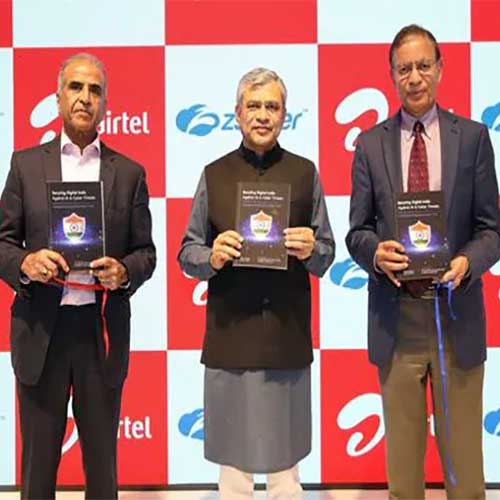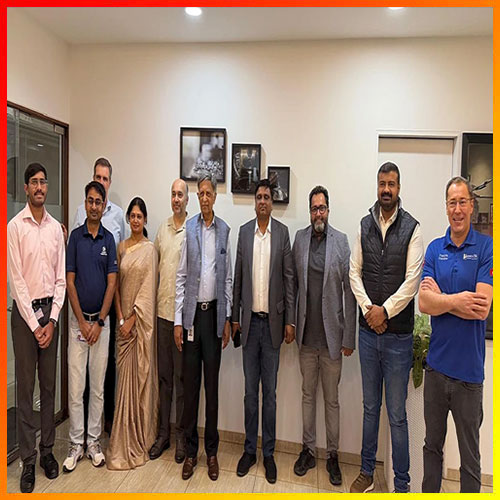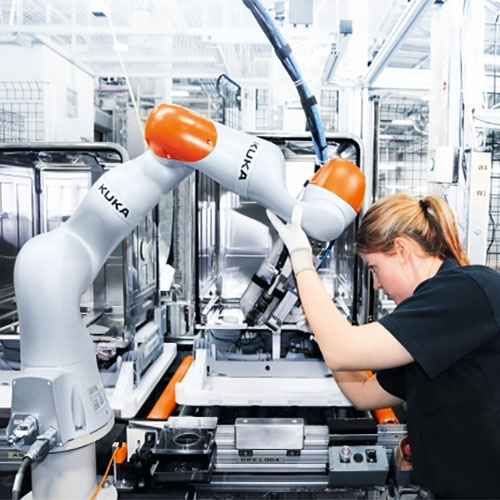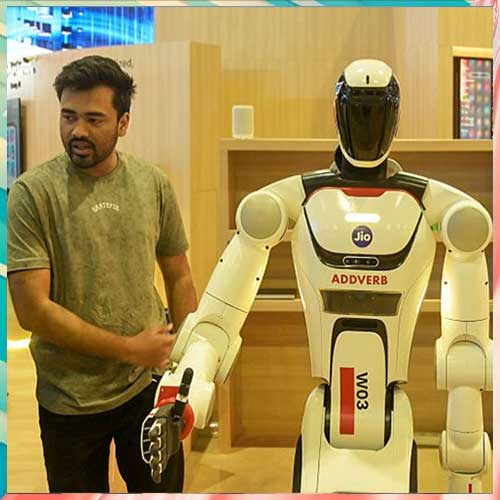
Sridhar Vembu, Zoho’s founder and chief scientist, believes the software job market’s slowdown is driven by systemic inefficiencies rather than AI-driven job displacement. While AI is contributing to productivity gains, Vembu argues that deeper structural problems—caused by overcapitalization and unsustainable business practices—are the real culprits behind the hiring slump.
According to Vembu, decades of unchecked funding from venture capital, private equity, and IPO-driven investments have created inefficient business models in the enterprise software industry. This influx of capital has led to overhiring, excessive marketing, and bloated IT infrastructures, making the industry unsustainable in its current form. Companies, driven by growth at all costs, have prioritized scale over efficiency, creating fragile business ecosystems.
While many blame AI for the decline in software jobs, Vembu emphasizes that AI itself is not the primary cause—at least not yet. Instead, AI exposes inefficiencies by automating repetitive tasks and improving productivity. This increased efficiency forces companies to reassess their workforce needs, revealing the underlying excess in their operations.
Vembu suggests that the industry is facing a reckoning as the unsustainable growth model begins to collapse. Companies that relied on excessive funding and rapid expansion are now struggling to maintain profitability. The shift toward leaner, more efficient operations means fewer new hires and tighter resource management, contributing to the hiring slowdown.
The combined effects of overcapitalization and AI-driven efficiencies are reshaping the software job landscape. Companies are streamlining operations and focusing on sustainable business models, reducing demand for non-critical roles. This shift means fewer job opportunities in the short term as businesses prioritize efficiency over growth.
Vembu advocates for a return to sustainable practices in the software industry. He emphasizes that the future lies in building technology responsibly without relying on excessive external funding. Companies need to adopt a long-term vision focused on efficiency, innovation, and business sustainability rather than short-term gains.
While AI continues to enhance productivity, its long-term impact on jobs remains uncertain. Vembu predicts that the software industry must undergo significant structural reform to survive and thrive. Companies that adapt to a leaner model and embrace sustainable growth will be better positioned to navigate future challenges and create more resilient job opportunities.
Sridhar Vembu’s analysis suggests that AI is not solely responsible for the software job crisis. Instead, systemic inefficiencies caused by overcapitalization and aggressive growth models are driving the hiring slowdown. For the industry to recover, businesses must rethink their strategies, prioritize efficiency, and focus on sustainable innovationto secure the future of software employment.
See What’s Next in Tech With the Fast Forward Newsletter
Tweets From @varindiamag
Nothing to see here - yet
When they Tweet, their Tweets will show up here.





























